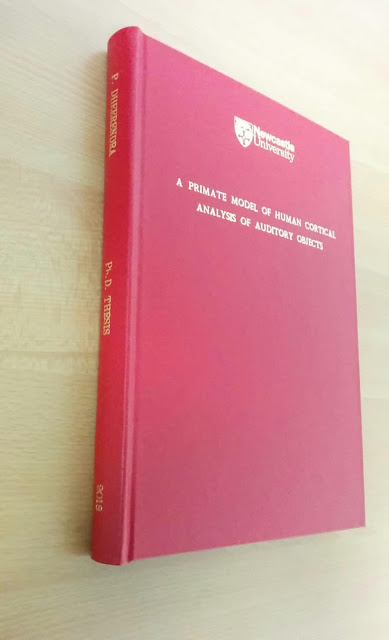Johnson & Johnson marketed 'Risperdal' (tradename for Risperidone) using a strategy that downplayed the drug's side-effects, and provided kickback payments to nursing homes, but more importantly encouraged off-label use in children for behavioural disorders/autism and in elderly for dementia/sleeping against the explicit instructions from FDA. Ultimately, the fines for this conduct cost J&J $2.2 billion but they made $18 billion in profits from this drug alone and it enabled the then Risperidal sales manager, Alex Gorsky, to become current CEO of J&J but escaping individual culpability for devising such a strategy! Please watch the above (edited) video that covers Dr. John Rengen Virapen, Ex Director of Eli Lilly, one of the largest pharmaceutical companies in the world. This comes after his retirement, after working for 35 Years in that company. He now speaks out on the many crimes Big Pharma was and is responsible for (and he himself also participated ...


